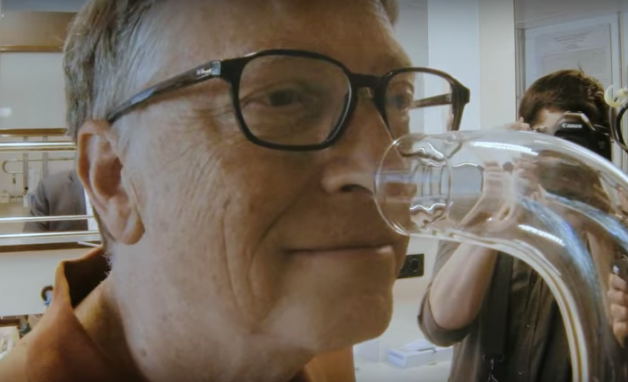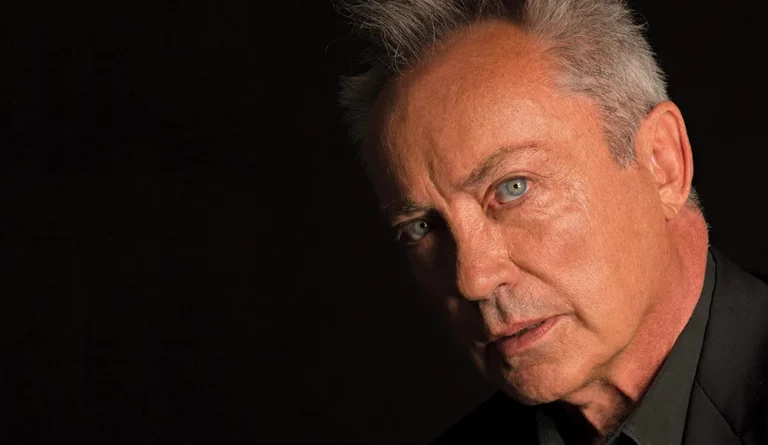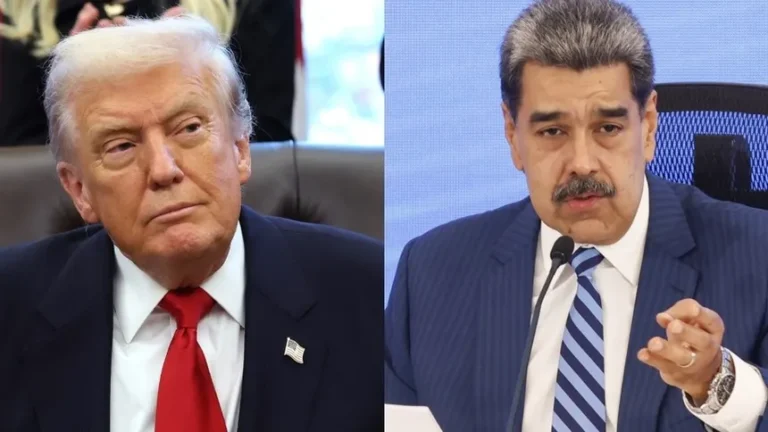
Bill Gates Announces 20-Year Wind-Down of His Foundation
On its 25th anniversary, the Bill & Melinda Gates Foundation revealed it will shut down by December 31, 2045, with Bill Gates pledging to spend down its full endowment—over $200 billion in total—over the next two decades. The announcement comes during a period of rising global instability, mounting criticism of elite philanthropy, and historic cuts to U.S. foreign aid.
Despite widespread setbacks in global health and poverty reduction, Gates expressed confidence that his foundation’s goals—halving child deaths, eradicating preventable diseases, and lifting millions out of poverty—are still within reach. Critics argue the announcement reflects both an overly optimistic worldview and a possible retreat by Gates from long-term commitments during a time of growing need.
A Shrinking Aid Landscape
Gates attributes the decision in part to the deteriorating state of global aid. The U.S. and European countries have slashed humanitarian spending in recent years, with Gates blaming these cuts for potentially millions of additional child deaths, particularly due to reductions in programs like PEPFAR.
At the same time, his foundation’s own influence appears diminished. Major backers like Warren Buffett have withdrawn, and Melinda French Gates left the foundation following their 2021 divorce. Meanwhile, Gates’s personal wealth, though still vast, is no longer singular, with billionaires like Elon Musk showing little interest in traditional global philanthropy.
Ambitious Goals, Questionable Timing
The foundation’s pivot toward a 20-year “bolus dose” of spending—described by Gates as a way to frontload impact—has been met with skepticism. Critics note that many of the same challenges the foundation aims to fix, such as vaccine access, malnutrition, and maternal mortality, have worsened in recent years despite decades of investment.
While Gates touts artificial intelligence and biomedical advances as game-changers, the disconnect between innovation and real-world deployment remains unresolved. Many poor countries still lack access to basic public health infrastructure, making lofty technological promises seem out of touch with on-the-ground needs.
Philanthropy in Decline?
The decision to sunset the foundation mirrors a broader decline in elite enthusiasm for humanitarian aid. The post-2020 philanthropic landscape has shifted toward personal branding, politics, and speculative technology—leaving traditional causes underfunded and vulnerable.
Even Gates admits today’s richest are less engaged. “The world’s richest man has been involved in the deaths of the world’s poorest children,” he said, referencing the impact of government aid cuts.
Despite his reputation as an optimist, Gates’s actions suggest a quiet acknowledgment that his model of large-scale, technocratic philanthropy may no longer hold sway—or deliver on its promises.





